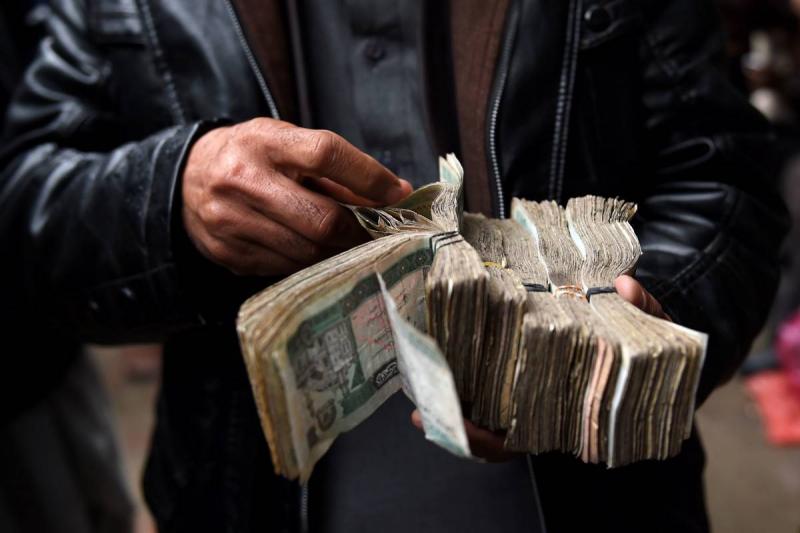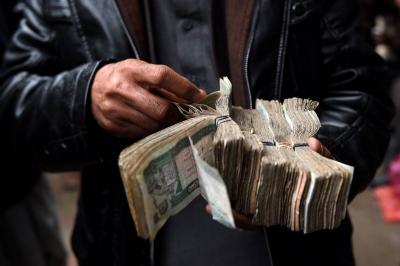The new Afghan government led by the Taliban is facing a series of shocks that could likely weaken the currency, accelerate inflation, and impose capital controls, according to the country's exiled central bank governor. In this context, Ajmal Ahmad, the governor of Da Afghanistan Bank (DAB), stated in an interview with Bloomberg's "Odd Lots" program that the Afghan currency, known as the Afghani, is expected to see renewed declines after hitting a record low last week. He noted that this could lead to rising consumer prices due to increased import costs.
Ahmad pointed out that with the freezing of the vast majority of the central bank's assets—over nine billion dollars—by the United States, Afghanistan faces a potential economic crisis. This comes on top of the impacts of COVID-19, regional droughts, and displaced persons, which have already caused significant hardships. Speaking from a secret location he fled to after the fall of the government, Ahmad said, "It is really a difficult situation. We were trying to manage three shocks, and now I think they will have to deal with a fourth shock." It is notable that Ahmad, 43, graduated from Harvard University and briefly worked at the U.S. Treasury as an economist.
As the United States prepares to complete its military withdrawal—which led President Ashraf Ghani to flee to the United Arab Emirates as the Taliban took over Kabul—the Afghan economy and banking sector are in dire straits. Nearly three-quarters of the country's 40 million inhabitants live in rural areas, while most lenders are situated in the three major cities, according to World Bank data. The Afghan currency is not accepted for cross-border trade, making the nation reliant on the U.S. dollar and the informal money transfer system known as "hawala." This centuries-old trust-based method of transferring money, which was fundamental to international trade across the Middle East and South Asia before the advent of modern banking, remains an essential part of life in Afghanistan.
Moreover, the International Monetary Fund stated last week that the new government has been barred from using the Fund's reserve assets designated for distribution to its 190 member countries, rendering the Taliban unable to access approximately $500 million. Ahmad added that the Taliban "will likely try to turn to other countries to replace the United States, perhaps China, Pakistan, or other regional countries, to find some sources of funding; however, it is a difficult situation."




